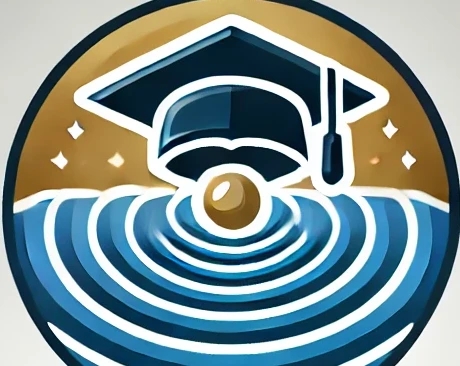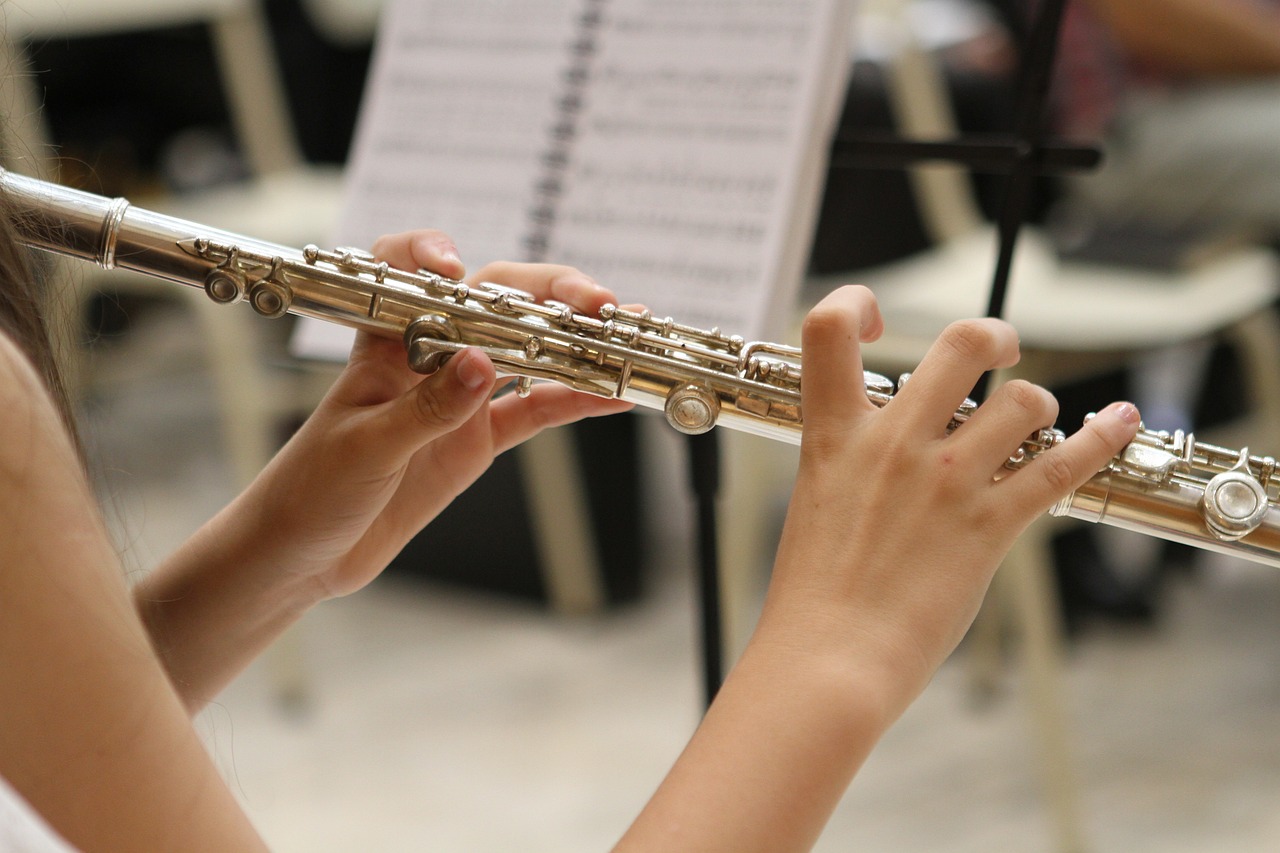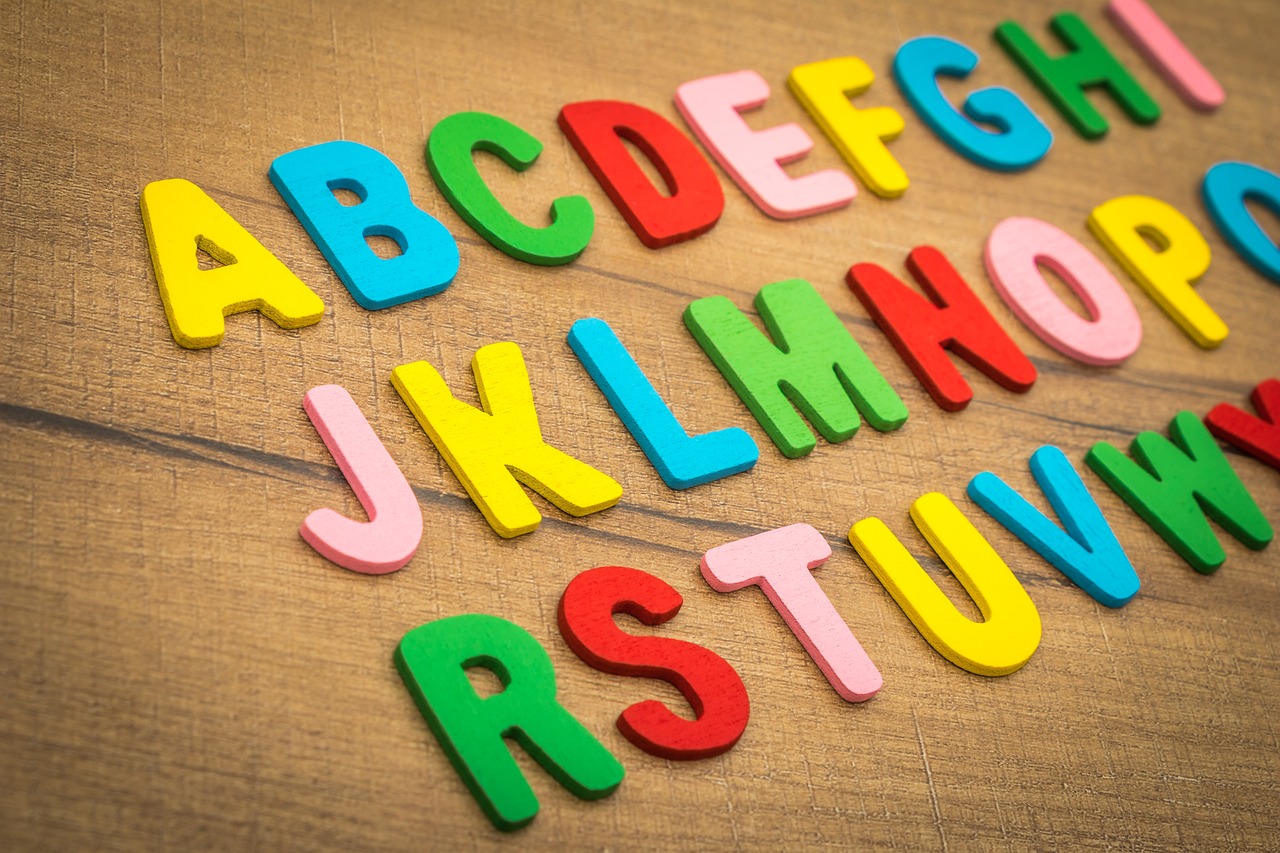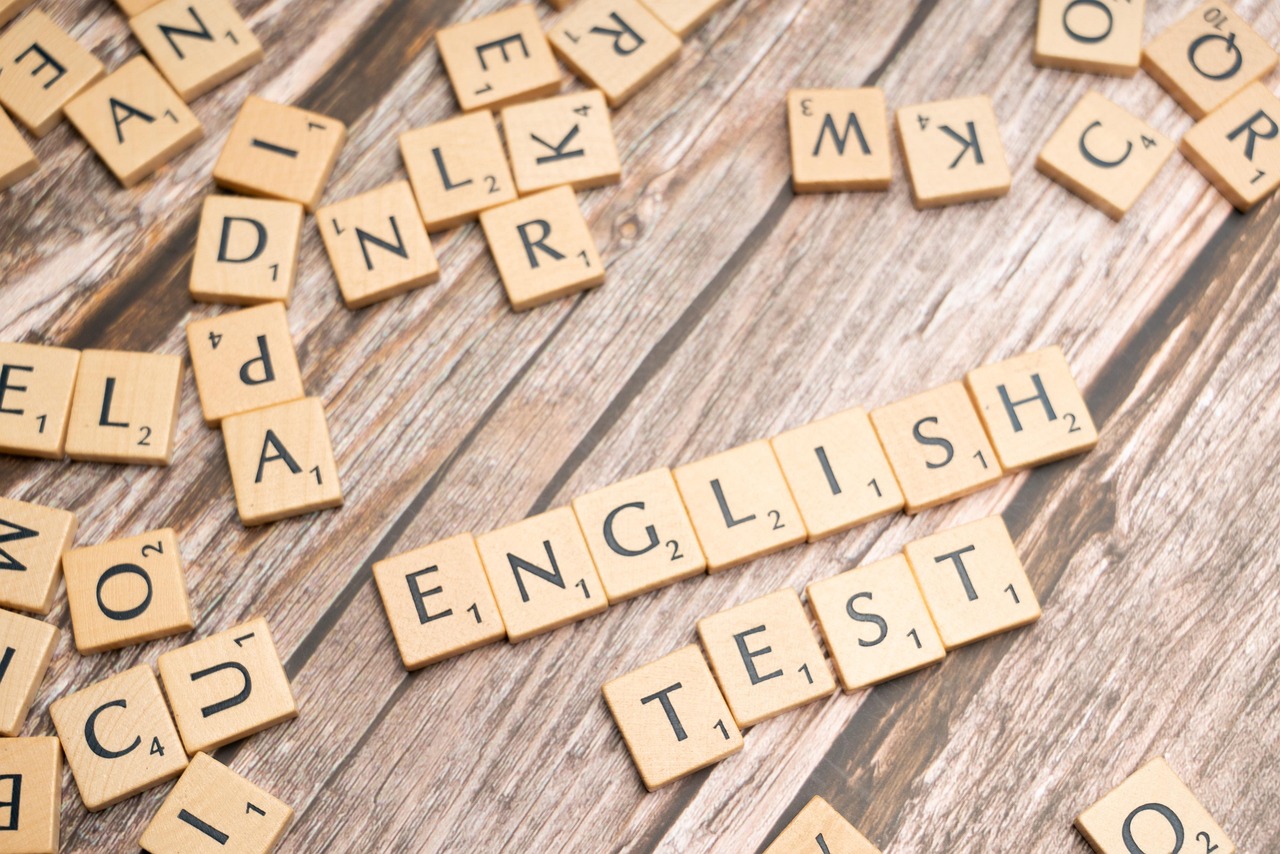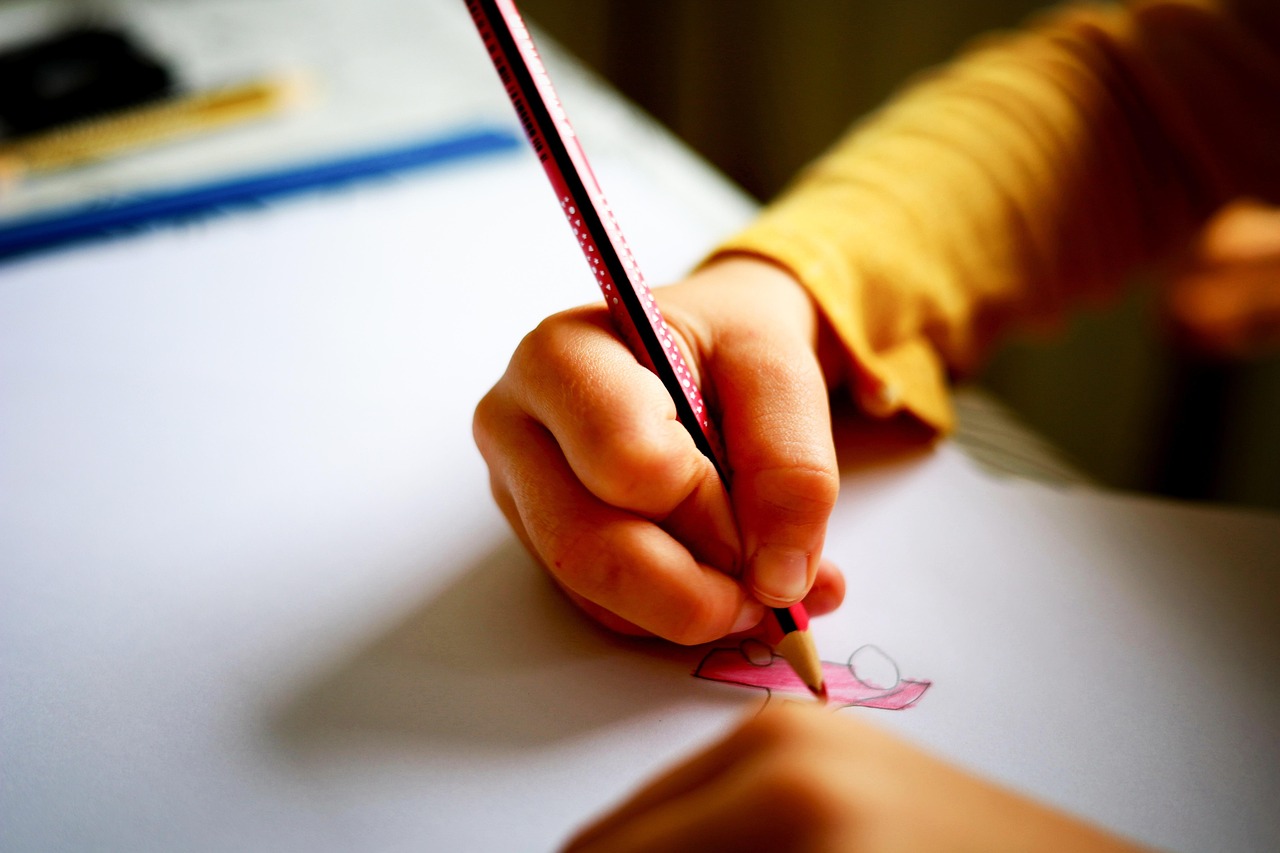Subject: English Language
Class: Primary 2
Topic: Vocabulary Building – Teaching of New Words
Week: 2
Term: Third Term
Duration: 40 minutes
A. Lesson Objectives
By the end of the lesson, pupils should be able to:
Understand the importance of learning new words.
Learn and use new vocabulary words in context.
Pronounce and spell new words correctly.
Use new words in sentences.
Identify the meaning of the new words.
B. Instructional Materials
Flashcards with pictures and words
Whiteboard and markers
Word list with new vocabulary
Storybooks or reading material containing new words
Vocabulary worksheets
Chart with new words and their meanings
C. Lesson Content
1. What is Vocabulary?
Vocabulary refers to all the words that a person knows and uses. It is very important to learn new words because the more words we know, the better we can communicate and understand what we read and hear.
Why is Vocabulary Important?
Helps us understand what we read.
Helps us express ourselves clearly.
Makes our speaking and writing more interesting.
Helps us understand new ideas and things.
2. How Do We Build Vocabulary?
Building vocabulary involves learning new words and using them in everyday conversation, reading, and writing. Here are some steps to help us build vocabulary:
Listening: We learn new words by listening to others speak.
Reading: Reading books, stories, and articles exposes us to new words.
Speaking: Using new words in our own speech helps us remember them.
Writing: Writing sentences and stories with new words helps reinforce them.
3. New Words to Learn
We will learn a few new words today. Let’s look at them, say them, and use them in sentences.
New Vocabulary Words:
Brave:
Meaning: Showing courage; not afraid.
Example: The brave soldier saved the town from danger.Gigantic:
Meaning: Very, very large.
Example: The elephant is gigantic compared to a mouse.Mysterious:
Meaning: Something that is strange and difficult to understand.
Example: The mysterious noise in the house made everyone curious.Friendly:
Meaning: Kind and pleasant to others.
Example: The friendly dog wagged its tail when I came home.Shiny:
Meaning: Something that reflects light and looks bright.
Example: The shiny car was parked outside the house.
4. Using New Words in Sentences
Now, let’s practice using these new words in sentences. Here are examples:
Brave: The brave firefighter saved the kitten from the tree.
Gigantic: The gigantic cake was big enough for the whole class.
Mysterious: The mysterious box was hidden under the bed.
Friendly: My new classmate is friendly and nice to everyone.
Shiny: I saw a shiny star in the sky last night.
5. Pronunciation Practice
Let’s practice pronouncing these words together. Repeat after me:
Brave
Gigantic
Mysterious
Friendly
Shiny
6. Spelling Practice
Let’s practice the spelling of these new words. Write each word on the board and ask the students to repeat the letters aloud.
Brave: B-R-A-V-E
Gigantic: G-I-G-A-N-T-I-C
Mysterious: M-Y-S-T-E-R-I-O-U-S
Friendly: F-R-I-E-N-D-L-Y
Shiny: S-H-I-N-Y
D. Class Activities
Activity 1: Word Matching
Prepare flashcards with the words on one set and their meanings on another set.
Ask the students to match the word with the correct meaning.
Example: Brave → Showing courage; not afraid.
Activity 2: Vocabulary Sentence Writing
Ask the students to write one sentence for each new word they learned today.
Encourage them to use their imagination and be creative with their sentences.
Activity 3: Vocabulary Quiz
Conduct a short quiz to test understanding:
What does the word “gigantic” mean?
Use the word “mysterious” in a sentence.
Spell the word “friendly.”
Activity 4: Group Discussion
Divide the class into small groups and ask them to create a short story using all five new words: brave, gigantic, mysterious, friendly, and shiny.
Each group shares their story with the class.
E. Evaluation (Assessment)
Ask pupils to use each new word in a sentence.
Observe if pupils can identify the meanings of the new words.
Check their spelling during the spelling practice activity.
Assess pupils’ understanding during the group discussion activity.
F. Assignment
Write five sentences using each of the new vocabulary words learned in class today.
Draw pictures to represent the meanings of the words “brave,” “gigantic,” and “friendly.”
G. Conclusion
Review the five new vocabulary words: brave, gigantic, mysterious, friendly, and shiny.
Ask students to recall one sentence using a new word and share it with the class.
Reinforce the importance of learning new words to improve communication skills.
Encourage students to listen, read, speak, and write using the new words to remember them better.
